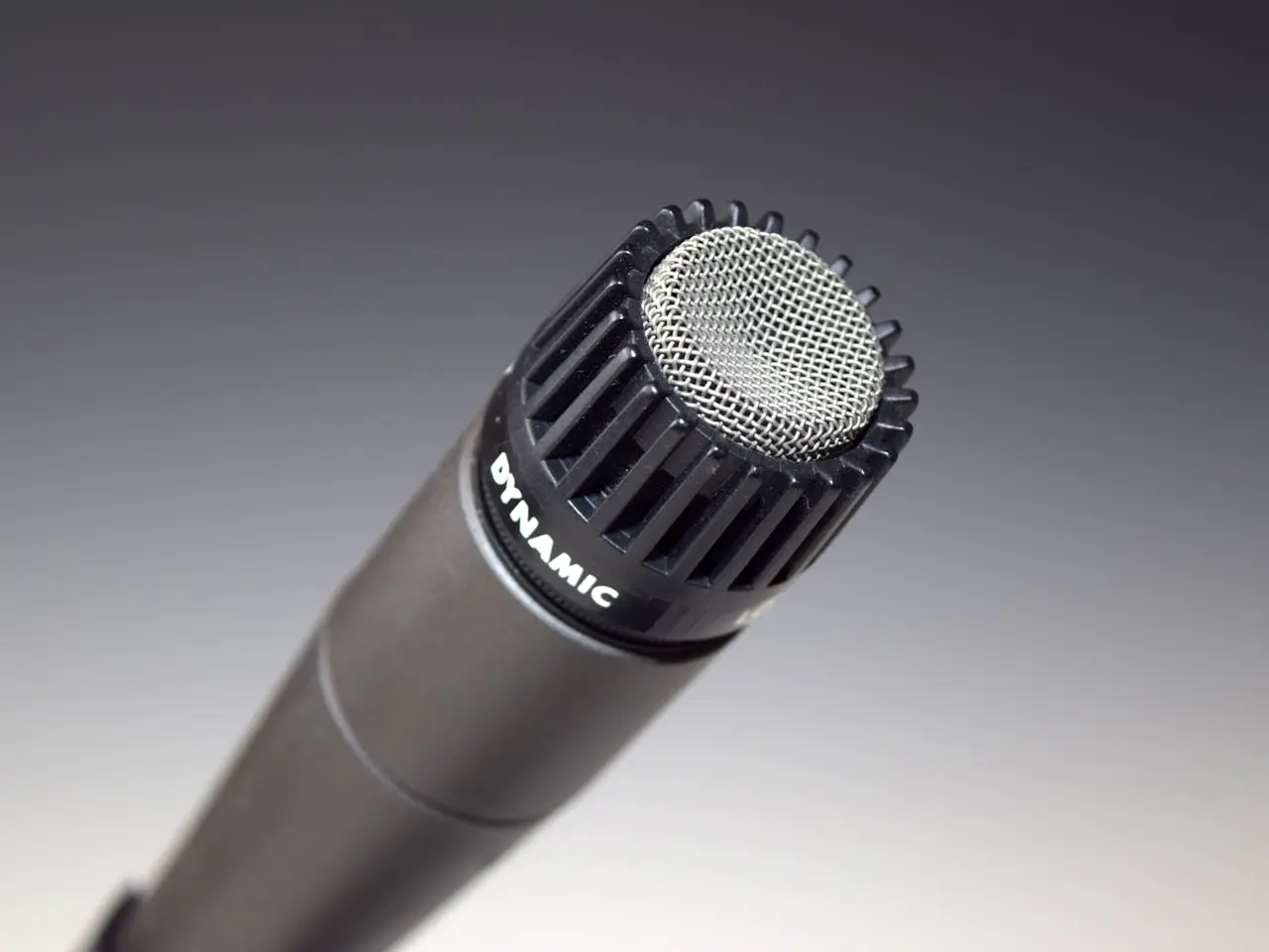Best Practices for Maintaining Your Microphone
"Silver and Black Dynamic Metal Microphone" by Pixabay, Source is licensed under CC0 1.0 Universal.

Any professional, from musicians to podcasters and voiceover artists, understands the importance of a functioning microphone. Such a valuable device requires proper care to last long and serve its intended purpose. Follow best practices for maintaining your microphone properly. We will cover practical tips, share expert advice, and include some personal experience that supports the importance of good microphone care.
Knowing Your Microphone
Types of Microphones: Dynamic Microphones, Condenser Microphones, Ribbon Microphones, Lavalier or Clip-on Microphones.
How Microphones Work: Understanding the transduction of sound waves into electrical signals and the technologies involved (diaphragms, coils, capacitors).
General Maintenance Tips
Regular Cleaning: Use a dry microfiber cloth, avoid harsh chemicals, and gently clean condenser mic capsules.
Proper Storage: Keep covered in its case, store in a cool, dry place, and avoid crowded spaces.
Handling with Care: Use shock mounts, avoid yanking cables, and hold the mic from the handle.
Good Specific Maintenance Practices
Dynamic Microphones: Check grille for damage, keep dry, and inspect connectors.
Condenser Microphones: Use pop filters and windscreens, ensure stable phantom power, and calibrate regularly.
Ribbon Microphones: Avoid strong air currents, handle carefully, and get serviced periodically.
Lavalier Microphones: Care for cables, maintain clips, and replace batteries as needed.
Personal Incident: The Case of the Neglected Microphone
A personal anecdote about the consequences of neglecting microphone maintenance and the importance of proper care.
Advanced Maintenance Techniques
Dealing with Moisture: Use silica gel packs, desiccant bags, and controlled drying methods.
Cleaning of the Capsule: Use a 50-50 mix of isopropyl alcohol and water, avoid direct contact, and consider professional cleaning.
Caring for Cables and Connectors: Regular inspection, use of contact cleaners, proper coiling, and calibration/testing.
Troubleshooting Common Problems
Distorted Sound: Check connections, diaphragm, and test in different settings.
Decreased Sensitivity: Clean the capsule, ensure stable phantom power, and inspect cables.
Unwanted Noises: Isolate the microphone, check for interference, and use noise gates.
Best Practices in Different Settings
Studio Recording: Maintain controlled environment, regular calibration, and proper storage.
Live Performances: Use durable equipment, inspect on-site, and have a backup plan.
Field Recording: Protect against weather, use portable storage, and conduct frequent checks.
Investing in Quality Accessories
Pop Filters and Windscreens: Protect the mic from plosives and wind noise.
Shock Mounts and Stands: Reduce handling noise and ensure stability.
Cables and Connectors: Use balanced cables, gold-plated connectors, and proper cable management.
Future-Proofing Your Gear
Regular Upgrades: Stay updated with technology, upgrade periodically, and consider trade-in programs.
Professional Servicing: Schedule periodic servicing, check warranties, and use specialized technicians.
User Education: Conduct training sessions, refer to manuals, and use online resources.
Proper care will keep your microphone in good condition and working well. From regular cleaning to proper storage and knowing specific service needs for different types of microphones, here are best practices to get the most out of your equipment: have quality accessories, continuously be updated about technology, and be informed about correct caring so that your microphone produces the best quality sound for several years. A well-maintained microphone will not simply preserve your equipment; it does presume the quality of work delivered. Be it studio recording, live performance, or field recording of sounds, taking good care of the microphone is an investment in one's craft. Follow these guidelines and be proactive with your maintenance routine to sidestep common pitfalls and ensure your microphone remains a reliable tool in your audio arsenal.


